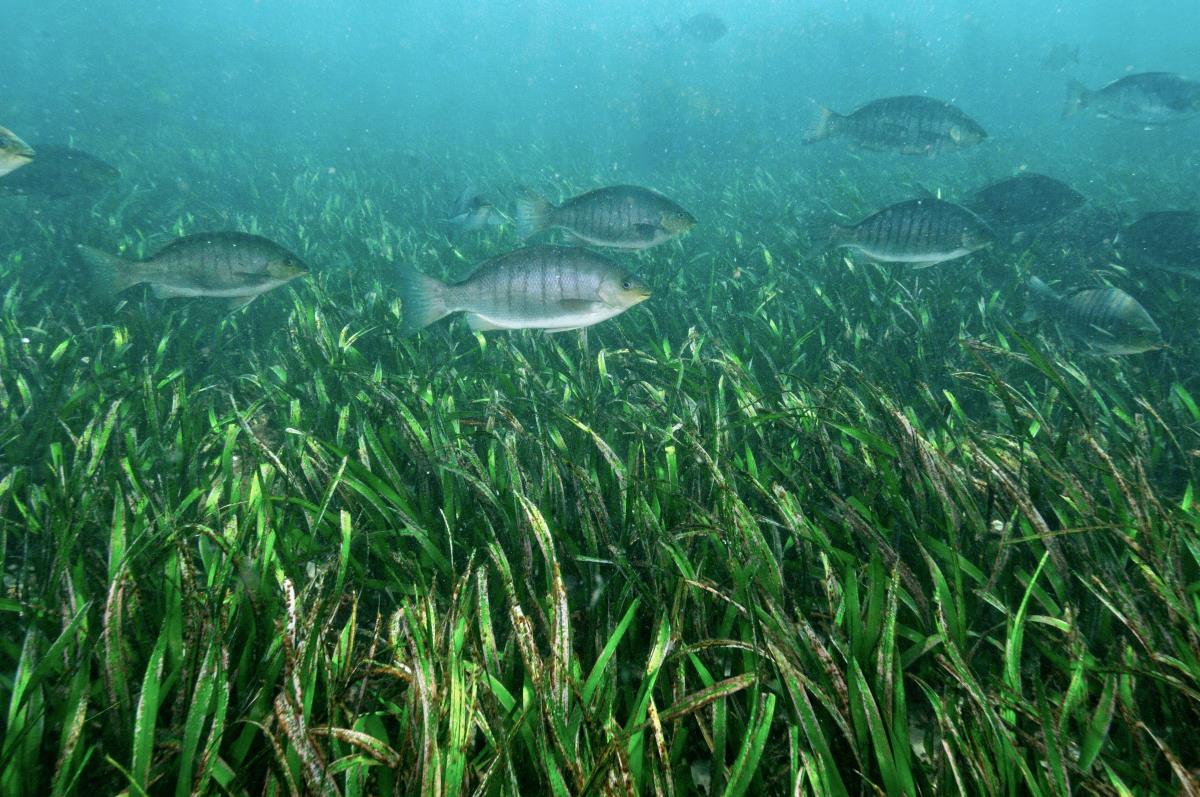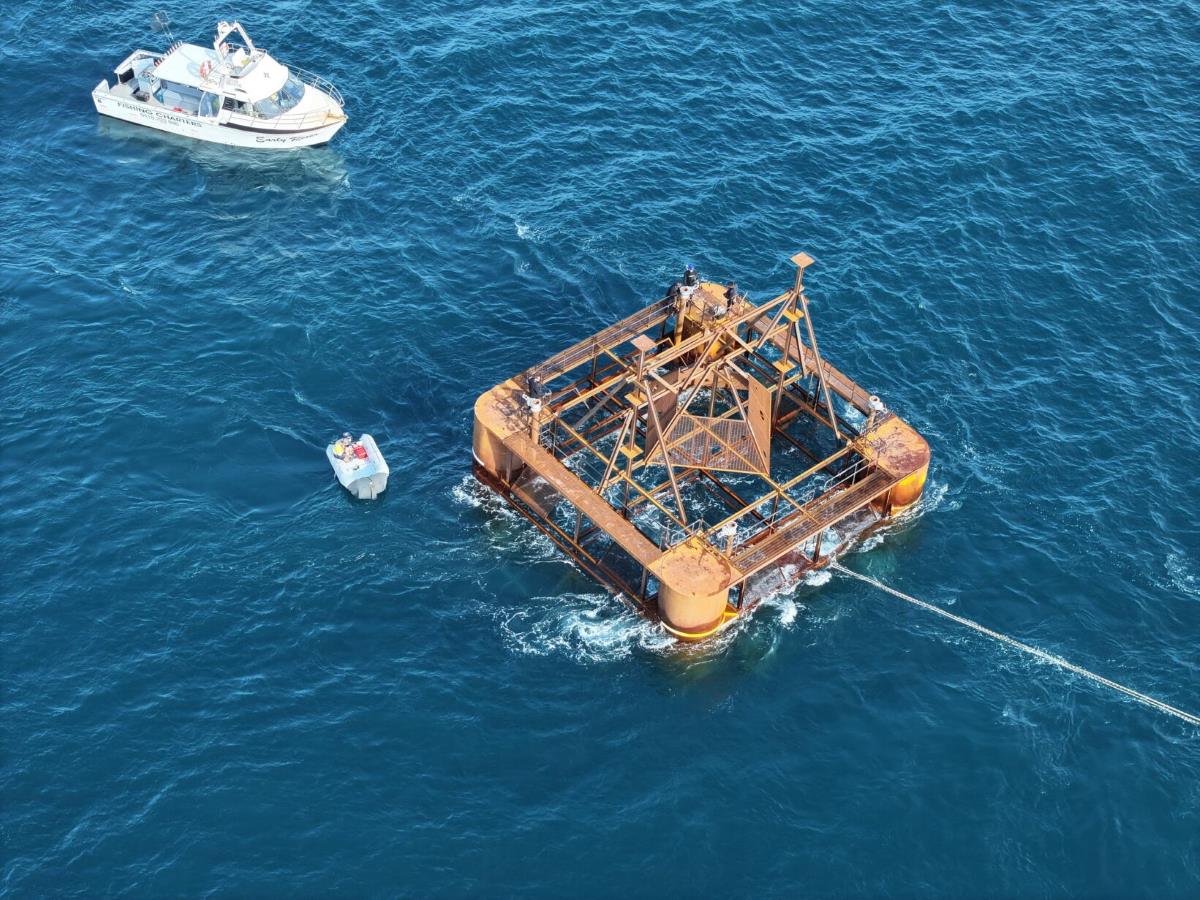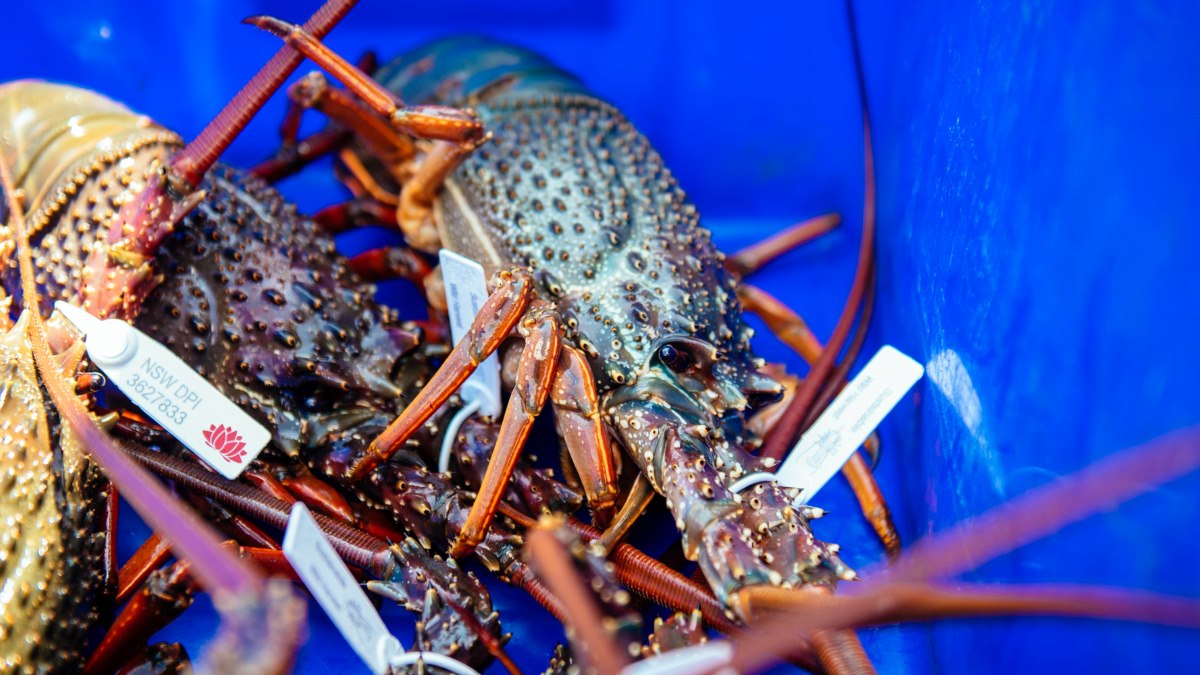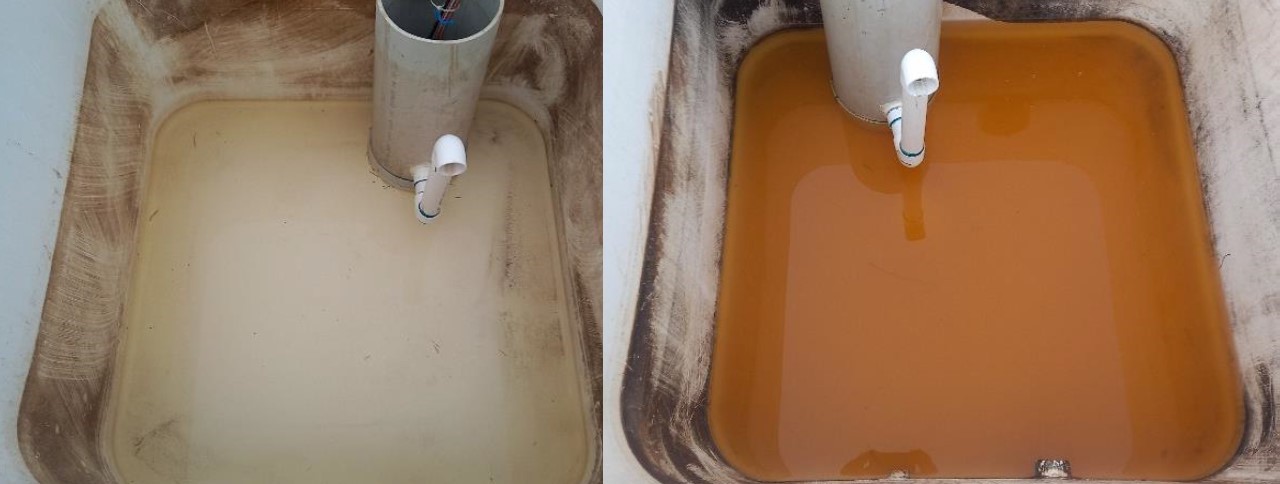Latest news
Study shows what stresses seagrass (and the fish that love it)
The more human disturbances, the greater the loss of seagrass.

New artificial reefs to benefit Central Coast and Forster fishers
Forster and Central Coast artificial reefs are now in and available for recreational fishers in NSW!

NSW Lobster Harvest Strategy - through the eyes of fishers, scientists and fisheries staff involved
"The harvest strategy is something we’ve been talking about for a number of years...and to a fisher like us, we wondered – what’s this all about?”

